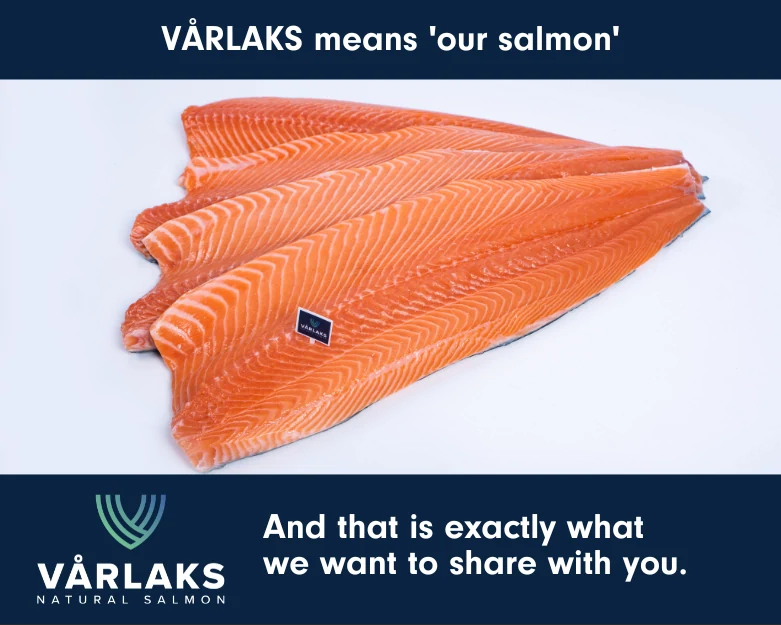When disruptive changes supervene in tomorrow’s aquaculture industry, will they be typified by the speed at which they appeared?
“What if you were to face a future with no worries about money?”
That was the cliffhanger served up by Stefan Hyttfors, Swedish trend researcher, futurist and author, in his address on the opening day of this year’s Aquavision.
As an illustrative example, Hyttfors referred to a conversation he had had with his 21-year old son on how he should finance his summer holiday. With cryptocurrency.
“Do you trust that technology?” asked Hyttfors.
“Do you trust the banks?” his son had parried.
Speed
“We used to talk a lot about the Forbes 500 companies. Now we talk about FANG; Facebook, Amazon, Netflix and Google,” said Hyttfors, before adding: “There are some trends that are a must to follow. One of them is speed”.
Hyttfors presented an illustration that showed so-called disruption in practice – via the technology adoption rate (when a person or population changes habits and adopts the new habits in practice – edit. notes.) in the U.S. market for consumer technology. The conclusion is unambiguous. T-Ford, refrigerator, TV, dishwasher, microwave, PC, mobile telephone, internet, smartphones and tablet – all have been adopted in the market at phenomenal speed. They have been disruptive in the market. They have displayed exponential growth – as is the case with cryptocurrency.
“We will see disruptive technology in a number of industries; food production, transport, public health service,” said a fired-up Hyttfors.
“Another trend is digitalisation. Not aphoristic digitalisation, but dematerialisation, deflation and decentralisation”.
Expensive
“A smartphone isn’t expensive. Don’t tell your kids that. It isn’t expensive. Look at everything we can do with an iPhone,” he said, and showed a picture of a video player, computer, telephone, cassette player, telephone, calculator and a Walkman. Quite simply: that’s deflation through digitalisation.
He referred to Tesla’s self-driving cars and what a taxi enterprise like Uber can do with these.
“All disruptive changes in consumption will appear in the area of sustainability,” he predicted.
Kodak
At Aquavison organiser Nutreco it is the Skretting veteran Viggo Halseth who has the role of chief innovation officer. The Dutch feed group has implemented its own initiative for innovation and start-ups.

“Startup companies in the aquaculture industry have gone from being worth 500 million dollars to ten billion dollars – in five years. And most of these players came from the outside – they don’t know the industry,” he said.
“If you don’t want to be the aquaculture industry’s Kodak, we are convinced it is vital that you keep your finger on the pulse,” added Halseth.
“The reason we don’t have Kodak anymore, is that they were best in the world. Best at something we don’t have use for anymore. Disruption thrives and gains its momentum on technology that we don’t know we need,” remarked Hyttfors.
Only grows?
“I’m from Sweden. We’re proud of a company that is called Spotify. They stream more music in the United States than Apple. A ten year old company. They have never earned a cent”.
“I will say though; focus less on technology and more on people. They won’t create more profit from an old technology,” he continued.
“But back to my son. He sent me pictures all summer long from his holiday sin. He had a great time. Wasn’t worried about money. In his world; maybe money is something that just grows? But that’s another lecture – about the banking system. We’ll get back to that another time”.











